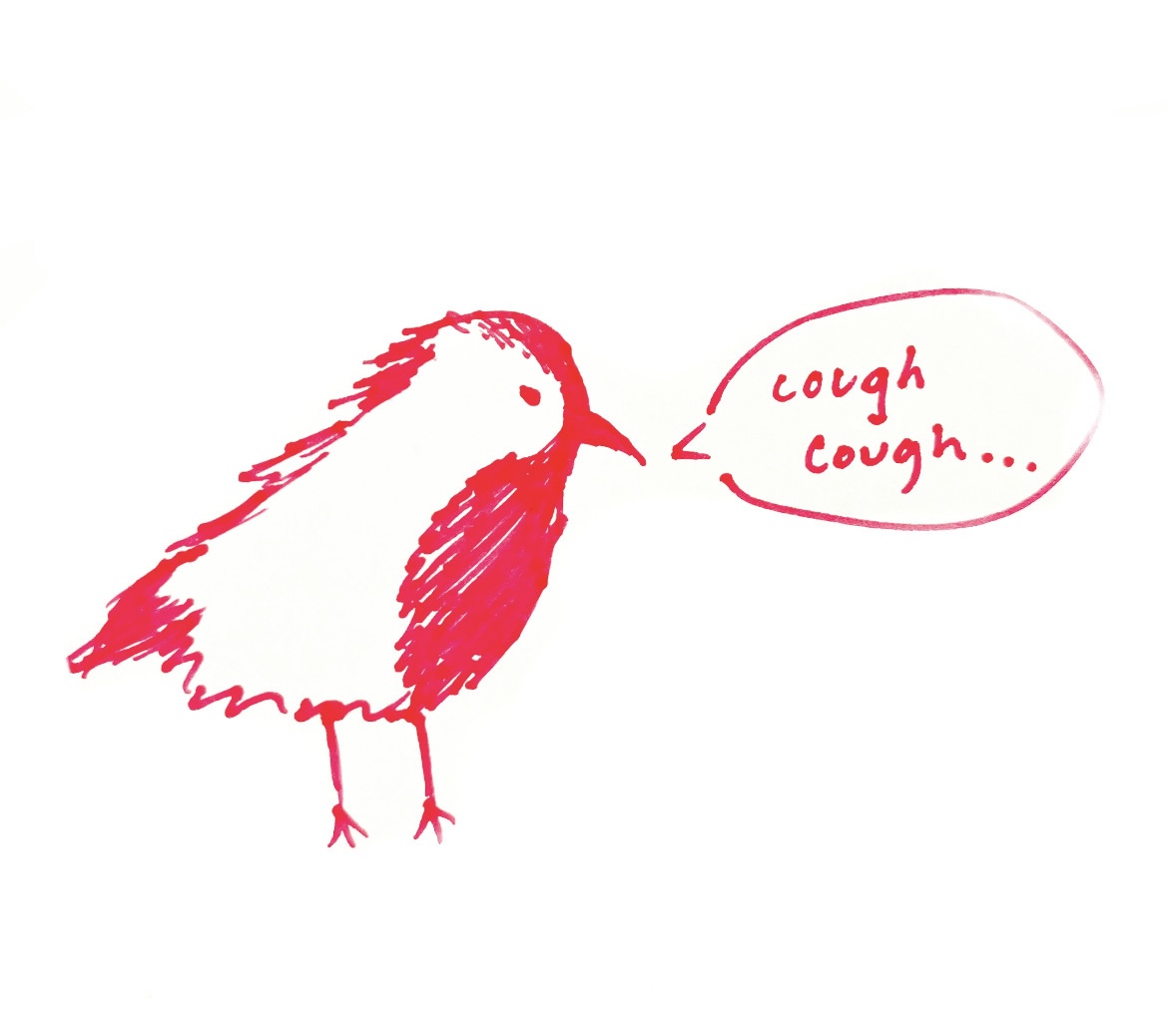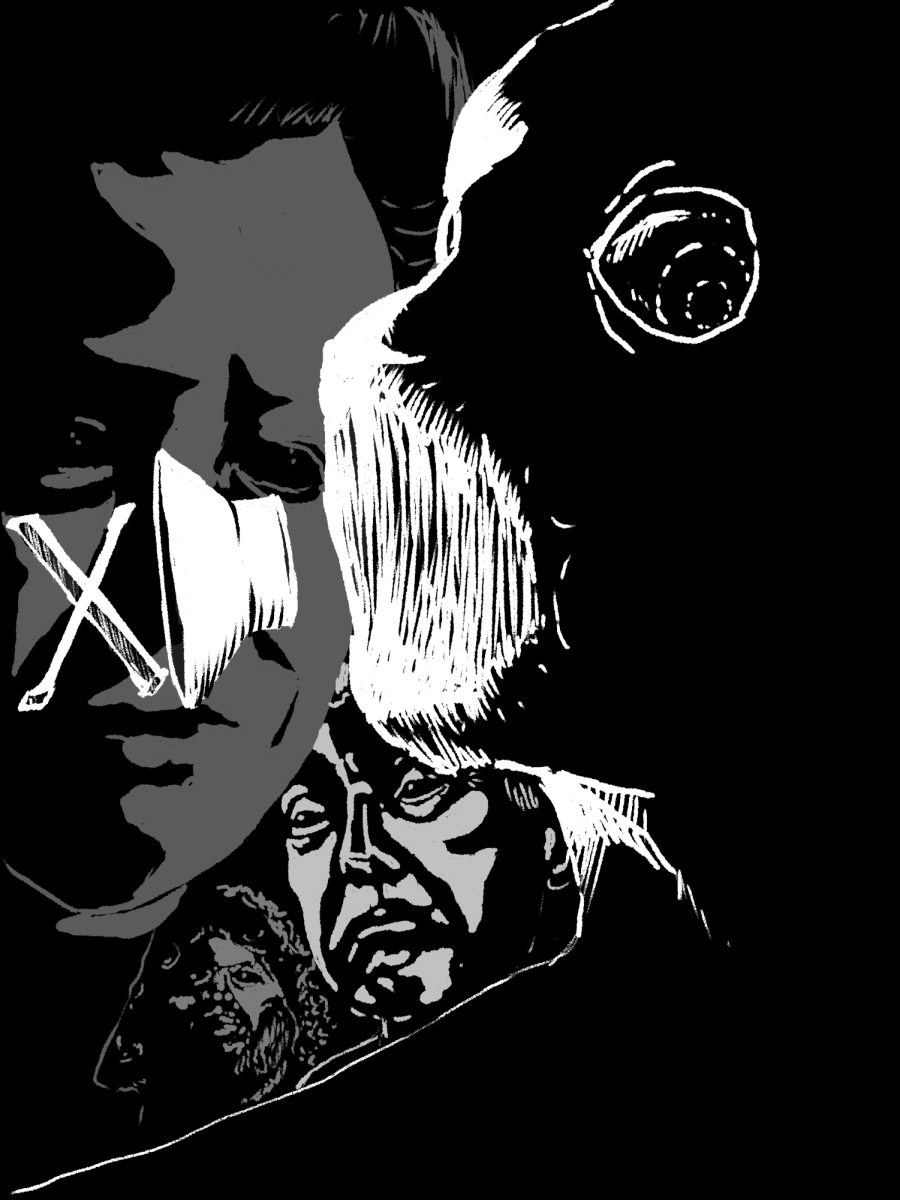Few of us come to a small liberal arts college in rural Washington with a set career path in mind and seeking vocational training. We come here for what Whitman sells (and what it delivers). We learn to think critically, to be active participants in our classes, in our extracurricular activities, in our social interactions, and we pride ourselves for it. But this doesn’t mean we aren’t anxious about finding our place in the “real world.”

What I’ve learned over the last few years is that real world experience often has to be sought elsewhere––and actively. Whitman isn’t going to hand us a career path and the required skills as a package deal on a silver platter, and I’m not necessarily saying that it should. That old adage about the journey being as valuable as the destination will always hold a certain weight. The problem is that we don’t know how to embark.
Now more than ever, life beyond Whitman and preparedness for the real world are hot topics around campus. Almost every candidate for the ASWC Executive Council positions this spring ran on a platform promising to develop more experiential learning options, foster stronger connections between current students and alumni, or establish a graduate school liaison. We’ve written columns calling for such changes, solicited responses and detail the experiences of recent Whitman alumni in this same issue of The Circuit.
To me, this dialogue reflects a fundamental disconnect between student initiative and Whitman’s guidance.
The Student Engagement Center has always offered valuable programs like résumé workshops and alumni networking receptions, and is making efforts to become more accessible and helpful to students. While many students (myself included) often fail to take advantage of these opportunities, the truth is that many of the SEC’s services are best suited to those of us who already have a solid sense of direction.
Herein lies the conundrum: Whitman students, by virtue of being liberal arts students, are overwhelmingly and necessarily directionless. Snagging that coveted job or internship demands a certain degree of purpose and finality, things that we’re encouraged to put aside in favor of change, inquiry and exploration.
I’ve recently begun my summer job hunt, and after four years in Olin (and three years on the editorial staff of The Pio) the only things I feel somewhat capable of doing are writing, editing or teaching (the last of which I’ll be doing come October). While these paths definitely interest me, I’ve begun to think their allure is due in large part to the fact that I’ve been good at school for as long as I can remember; academia has become my comfort zone.
While pursuing a Ph.D. in French literature is thus quite attractive, I might want to be a high-level manager or a CEO, work in PR or marketing, or start my own business. But how am I supposed to begin to know if I want to do these things? And even if I did know, I’d feel lost about where and how to start, especially when it seems like employers are less likely to take a risk on an intelligent, critically thinking novice than a seasoned candidate who has actual experience.
The untethered exploration Whitman offers us is priceless; it pushes us to think, grow and engage. As a result, we are hard-working and innovative and we vigorously pursue our goals––once we know what they are. Somehow, Whitman needs to strike a complicated balance between abstract academic investigation and concrete career guidance. It needs to cultivate a middle ground, an accessible starting point that encourages us to maintain our lack of direction while at the same time positively and purposefully harnessing it into something more realistic and tangible.






